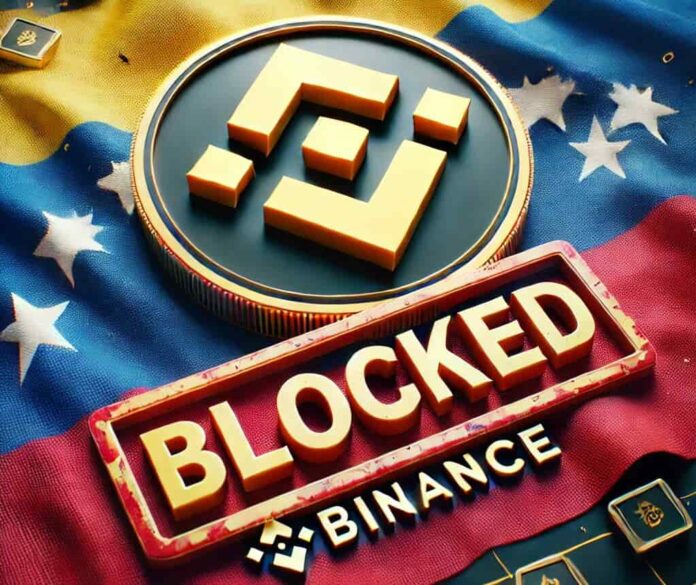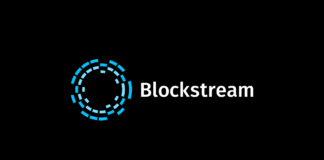Venezuela, a country in the throes of a political and economic crisis marked by hyperinflation and the bolivar devaluation, has taken drastic measures to restrict access to various online platforms, including the leading crypto exchange Binance and the social media platform X (formerly Twitter). These actions come in the wake of a highly contentious presidential election that has sparked widespread protests and global scrutiny.
The Disputed Presidential Election
The recent presidential election in Venezuela, held on July 28th, has been mired in controversy. Incumbent President Nicolás Maduro claimed victory with 51% of the vote, while his opponent, Edmundo González Urrutia, received 44%. However, the opposition has accused Maduro of election fraud, alleging that the vote counts and voting machine printouts were not transparently released. This presidential election dispute has created a dangerous political crisis in the country, with leaders from neighboring countries and around the world questioning the legitimacy of Maduro’s victory.
Read More: Thailand Launches Regulatory Sandbox to Foster Crypto Innovation
Crackdown on Online Platforms
In response to the ongoing unrest, the Venezuelan government, through its telecommunications regulator Conatel, has taken drastic measures to restrict access to various online platforms. On August 9th, the local cybersecurity organization VE sin Filtro reported that a DNS block had been detected on the cryptocurrency exchange Binance, disrupting the functionality of its website and mobile app. This Binance access block is part of a broader internet crackdown in Venezuela.
Binance’s Crucial Role in Venezuela
Binance’s presence in Venezuela is particularly significant, as it has become a crucial economic lifeline for the country’s citizens amid economic uncertainty. Due to the severe devaluation of the local currency, the bolivar, Venezuelans have turned to Binance’s peer-to-peer (P2P) service to access and trade in more stable cryptocurrencies, such as stablecoins and Bitcoin. This has allowed them to preserve the value of their assets and circumvent the country’s economic crisis. Binance users in Venezuela rely on the platform for financial stability.
The Binance Blockade and Its Implications
The blockade of Binance has had a significant impact on Venezuelans, who have relied on the platform as a means to maintain financial stability. Binance has assured its users that their funds remain secure and that it is closely monitoring the situation, as reported by Forbes Binance coverage and other crypto news Twitter accounts. However, the long-term implications of this restriction remain uncertain, as Venezuelans may be forced to explore alternative methods to access the cryptocurrency market, such as using a VPN to circumvent the Binance censorship.
Restrictions on Social Media and Communication Platforms
The Venezuelan government’s crackdown has not been limited to Binance. The social media platform X has also been targeted, with President Maduro ordering a 10-day X (Twitter) ban. This move came after a public spat between Maduro and X’s owner, Elon Musk, in which the two exchanged challenges. Additionally, the encrypted messaging app Signal was also blocked, further limiting Venezuelans’ ability to communicate freely and engage in censorship circumvention.
Read More: Celsius Sues Tether, Demanding $2.4 Billion Over BTC Liquidation!
Global Reactions and Concerns
The international community has closely followed the developments in Venezuela, with many countries and organizations refusing to recognize Maduro’s claim to the presidency amid the presidential election turmoil. The United States, the European Union, the United Kingdom, and multiple South American countries have all called for detailed vote counts and questioned the legitimacy of the election results.
The Role of Cryptocurrencies in Venezuela’s Crisis
The ongoing crisis in Venezuela has highlighted the growing importance of cryptocurrencies as a means of preserving wealth and circumventing economic instability. As the government’s crackdown on online platforms continues, Venezuelans may be forced to explore alternative methods to access and use digital currencies, potentially leading to the further adoption of decentralized finance (DeFi) solutions. Venezuela crypto adoption is likely to increase as a result of these events.
Conclusion
The events unfolding in Venezuela serve as a stark reminder of the fragility of centralized systems and the importance of decentralized solutions in the face of government intervention. As the cryptocurrency community continues to evolve, the lessons learned from the Venezuelan experience will be crucial in shaping the industry’s ability to withstand authoritarian control and preserve the financial autonomy of individuals worldwide. The Binance ban, Binance news, and what is happening in Venezuela should be closely watched by anyone interested in the future of crypto exchanges and the broader cryptocurrency ecosystem.













